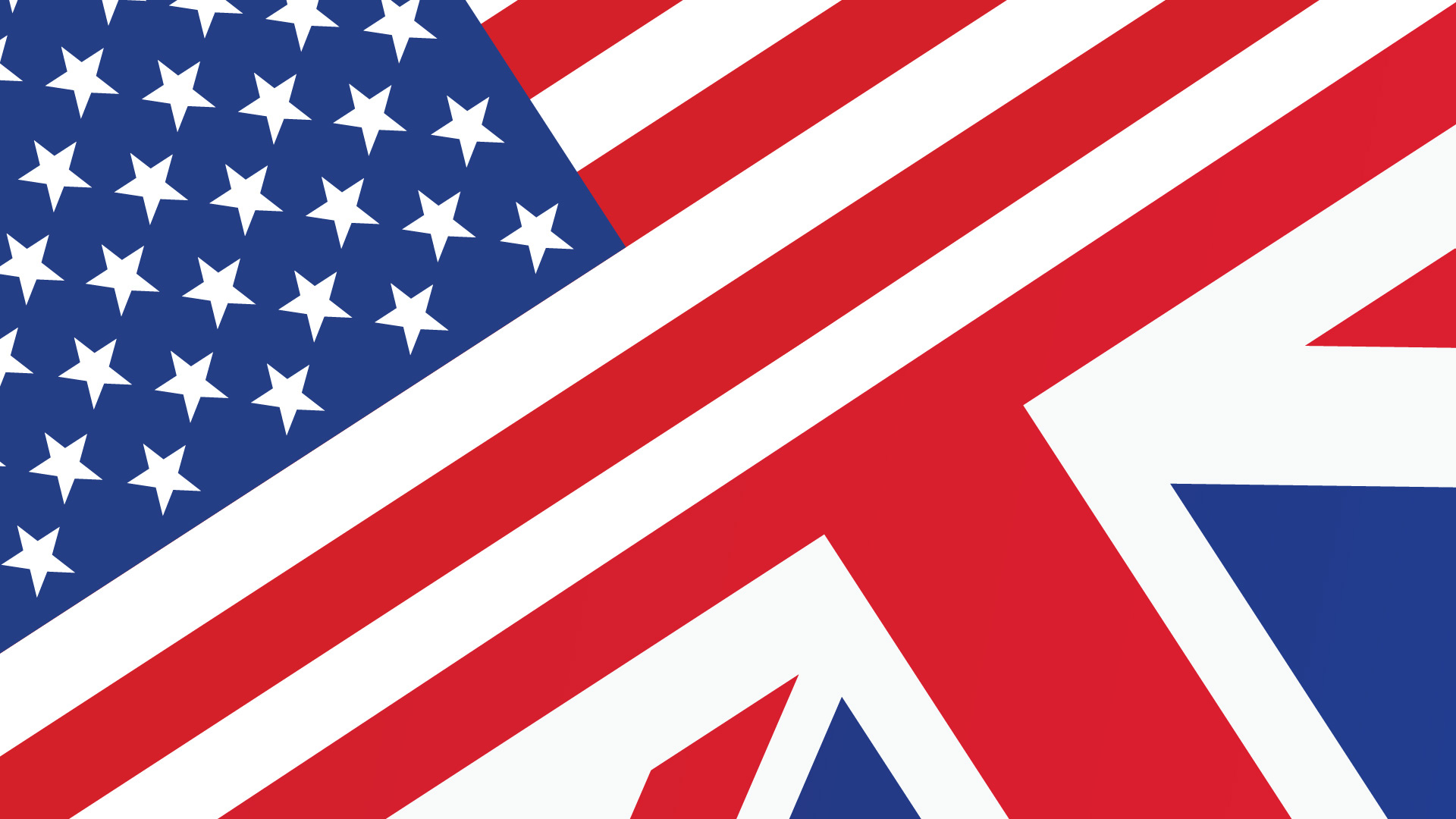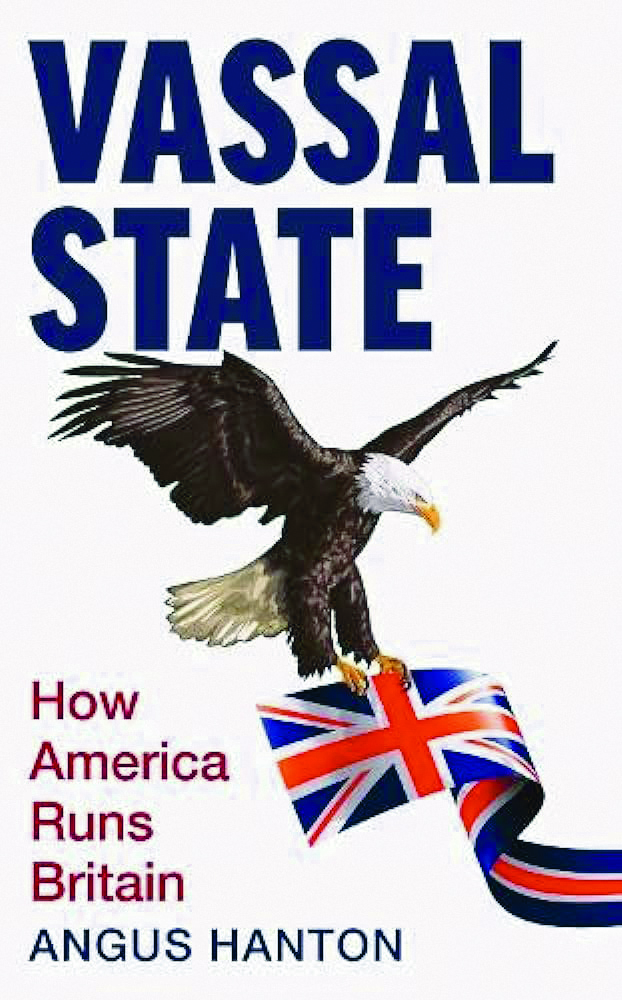Within the last month in Britain, there have been several high-profile company takeovers by US businesses. Perhaps the most striking was the purchase of the iconic BT Tower in London by a US hotel chain which will convert the building into a luxury hotel. Nine days later it was announced that GXO of Connecticut will buy Wincanton, the haulier established in 1925 and employing 20,000 staff.
Four days later Spirent, the large UK telecoms company, was swallowed up by its Arizona-based competitor Viavi. The very next day, 6 March, Carlyle Group from Washington DC announced it was taking majority ownership of Southend Airport. Other US buyers are circling.
Occasionally the prey resists, at least for a while – in late February the electrical retailer Currys rejected a takeover offer from Elliott, a Florida-based private equity group, but it’s unlikely that Currys will remain British-owned for long.
These takeovers may sound exceptional, but they actually fit neatly into the pattern of the last decade during which great chunks of the British economy have been transferred to new American owners. Just a few of the more notable recent US purchases were G4S, Sky, Meggitt, Ultra and Hotel Chocolat. This wave of takeovers has also led to the rapid decline of the UK’s London Stock Exchange, whose biggest 350 companies are now, in total, worth less than Microsoft.
Get the latest news and insight into how the Big Issue magazine is made by signing up for the Inside Big Issue newsletter
Steadily the US has taken ownership of thousands of businesses and brands in Britain, including high street shops and manufacturers. If the pace of takeovers ever slackens it is probably because there is little left to acquire and most of the remaining companies are in unprofitable sectors. Taken together, the US multinationals now have annual UK sales of over $700bn, equivalent on a per-household basis to an average of about £20,000 for each UK family.










